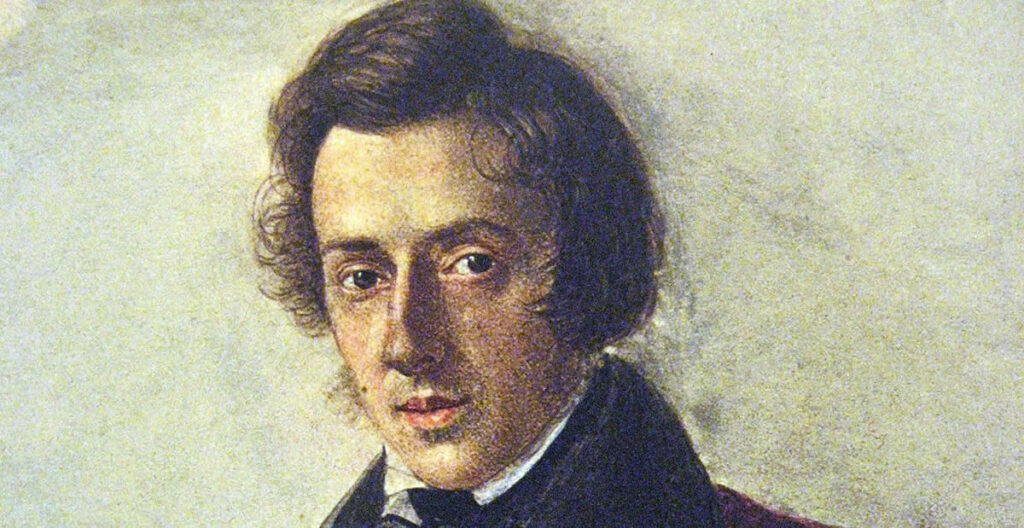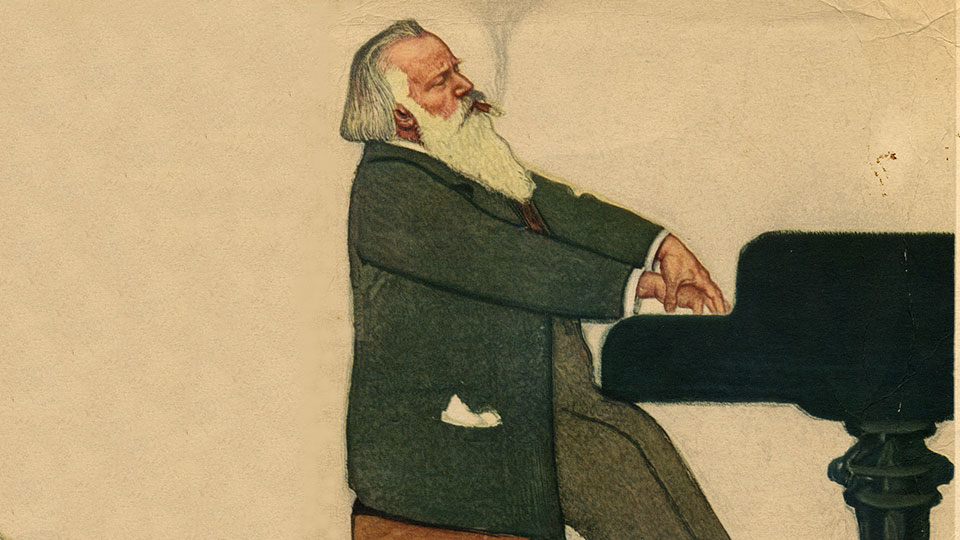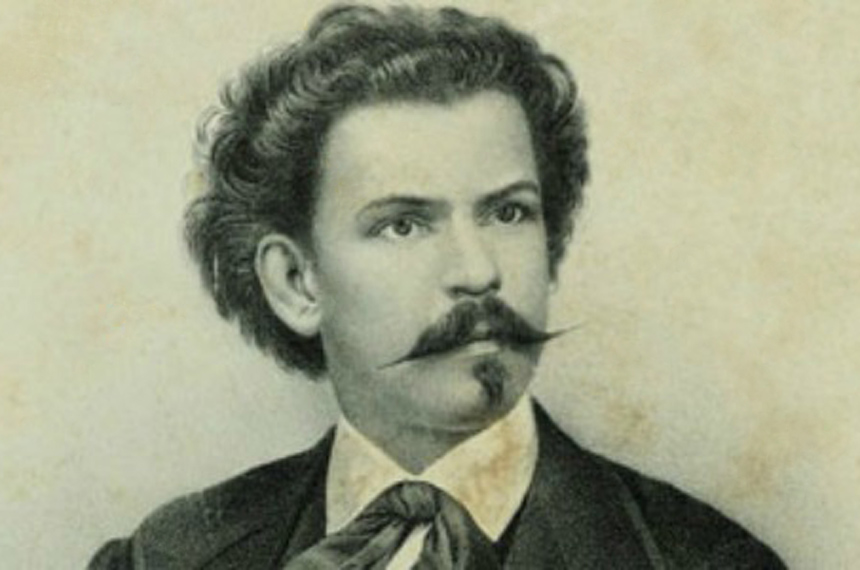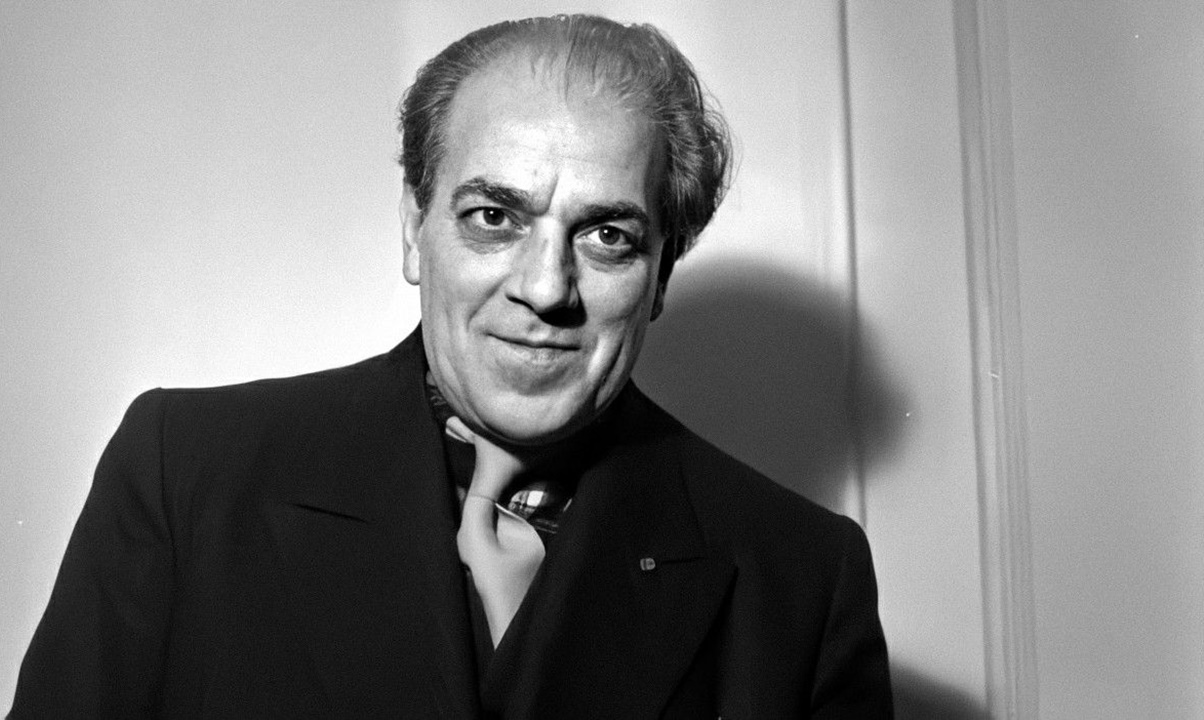
Chopin – Cello Sonata
Frédéric Chopin, widely celebrated for his piano compositions, ventured into the realm of chamber music with his Cello Sonata in G Minor, Op. 65. Composed[…]

Chopin – Ballades
Frédéric Chopin’s Ballades stand among the most celebrated and influential solo piano compositions of the Romantic era. Composed between 1831 and 1842, these four works—Ballade[…]

Chopin – Mazurkas
Frédéric Chopin (1810–1849) was one of the most influential composers of the Romantic era, and among his most celebrated works are his Mazurkas, a series[…]

Chopin – Fantasy on Polish Airs
Frédéric Chopin, one of the greatest composers and pianists of the Romantic era, composed Fantasy on Polish Airs, Op. 13 during his early years as[…]

Chopin – Piano Concerto No. 1
Frédéric Chopin’s Piano Concerto No. 1 in E minor, Op. 11 is one of the most celebrated works in the piano repertoire, known for its[…]

Chopin – Etudes, Op. 10
Frédéric Chopin’s Études, Op. 10 stand among the most celebrated and influential piano compositions in classical music history. Composed between 1829 and 1832, these twelve[…]

The Story Behind Brahms’s Serenade No. 1
Johannes Brahms, one of the most influential composers of the Romantic era, composed his Serenade No. 1 in D Major, Op. 11, between 1857 and[…]

5 Fascinating Facts about Carlos Gomes
Carlos Gomes is one of Brazil’s most celebrated classical composers, renowned for his operas that brought Brazilian themes to international audiences. His works, especially “Il[…]

Heitor Villa-Lobos – Biography and History
Heitor Villa-Lobos (1887–1959) was the most significant and influential composer in Brazil’s history, blending European classical traditions with the rich folk music heritage of his[…]

5 Fascinating Facts about Villa-Lobos
Heitor Villa-Lobos (1887–1959) was one of Brazil’s most influential composers, blending European classical traditions with the rich sounds of Brazilian folk music. His vast and[…]